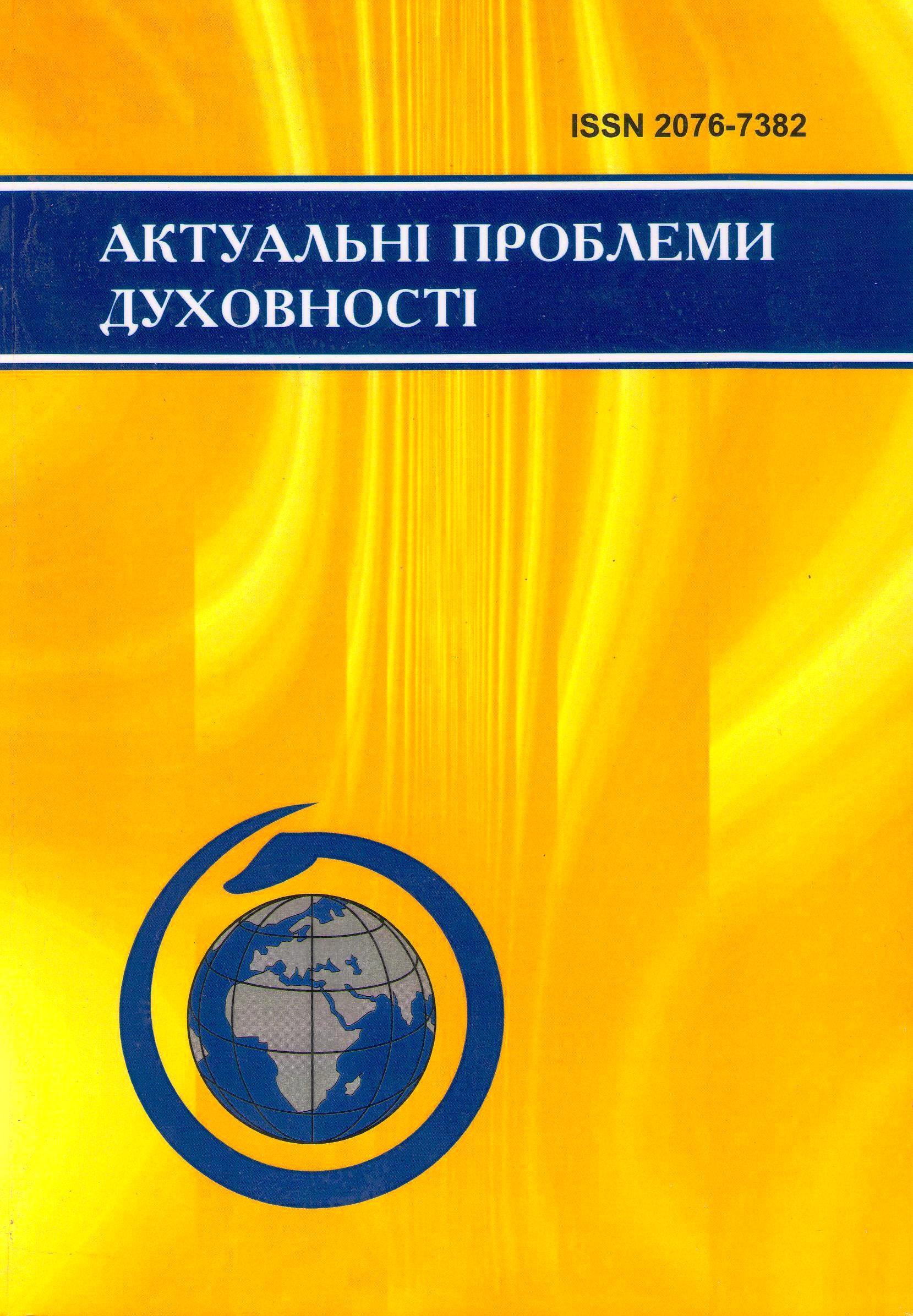John Dewey and the mind-body problem in the context: the case of «neutral monism»
DOI:
https://doi.org/10.31812/apd.v0i19.2078Ключові слова:
психофiзична проблема, нейтральний монiзм, двохаспектна теорiя, Рассел, Мах, ДьюїАнотація
Головним фокусом статтi є психофiзична проблема на прикладi доктрини ‘нейтрального монiзму’, а також, прояснення питання, хто може вважатися її пропонентами. Згiдно з Бертраном Расселом, такими є Ернст Мах, Вiльям Джеймс та Джон Дьюї (серед iнших). Стаття намагається прояснити, чи сам Рассел був правий у своїх висновках чи нi. Спершу я прояснюю вiдношення мiж ‘нейтральним монiзмом’ та ‘двох-аспектною теорiєю’. По друге, я аналiзую ‘велику трiйку’ нейтрального монiзму: Мах, Джеймс, Рассел. Моєю стартовою позицiєю є саме розумiння Расселом по-зицiй Маха та Джеймса. Наостанок, виявляється, що анi Мах, Джеймс чи Дьюї не можуть розглядатися як нейтральнi монiсти. Радше, нерозумiння Расселом як радикального емпiризму Джеймса, так i аналiзу вiдчуттiв Маха спонукало його до створення власної оригiнальної версiї ‘нейтрального монiзму’ (чи ‘монiзму Рассела’).
Завантажити
Посилання
Curley E. A Spinoza Reader. The Ethics and Other Works. Benedict de Spinoza. — Princeton, N.J. : Princeton University Press, 1994.
Eames E.R. Bertrand Russell’s Dialogue with His Contemporaries. — Carbondale and Edwardsville : Southern Illinois University Press, 1989.
Davidson D. Mental Events // Davidson D. (ed.). Essays on Actions and Events. — Oxford : Clarendon Press, 1980. — P. 207-225.
Dewey J. The Postulate of Immediate Empiricism // Hickman L.A., Alexander T.M. The Essential Dewey. — Bloomington and Indianapolis : Indiana University Press, 1998. — Vol. 1. Pragmatism, Education, Democracy. — P. 115-120.
Dewey J. Experience and Nature. — La Salle, Illinois : The Open Court Publishing, 1971.
Hickman L.A., Alexander T.M. The Essential Dewey. — Bloomington and Indianapolis : Indiana University Press, 1998. — Vol. 1. Pragmatism, Education, Democracy.
Godfrey-Smith P. John Dewey’s Experience and Nature // Topoi. An International Review of Philosophy. — 2013. — November. [Electronic source]. — Available
at: http://petergodfreysmith.com/wp-content/uploads/2013/06/PGS-on-Experience-and-Nature-Topoi-2013.pdf
Jackson F. Epiphenomenal Qualia // The Philosophical Quarterly. — 1982. — Vol. 32, No. 127. — P. 127-136.
James W. Essays in Radical Empiricism. — Cambridge, Massachusetts and London : Harvard University Press, 1976.
James W. Does ‘Consciousness’ Exist? // James W. Essays in Radical Empiricism. — Cambridge, Massachusetts and London : Harvard University Press, 1976. — P. 6-18.
James W. A World of Pure Experience // James W. Essays in Radical Empiricism. — Cambridge, Massachusetts and London : Harvard University Press, 1976. — P. 19-36.
James W. La Notion de Conscience: Translation // James W. Essays in Radical Empiricism. — Cambridge, Massachusetts and London : Harvard University Press, 1976. — P. 81-89.
Kim J. Supervenience as a Philosophical Concept // Kim J. Supervenience and Mind: Selected Philosophical Essays. — Cambridge : Cambridge University Press, 1993. — P. 131-160.
Mach E. Analysis of Sensations, and the Relation of the Psychical to the Physical. — New York : Dover Publications, Inc., 1959.
McLaughlin B. Supervenience. Stanford Encyclopedia of Philosophy. [Electronic source]. — Available at: https://plato.stanford.edu/entries/supervenience/
McNulty M. James, Mach, and the Problem of Other Minds // Transactions of the Charles S. Peirce Society. — 1982. — Vol. 18, No. 3.— P. 244-254.
Mursell J.L. The Function of Intuition in Descartes’ Philosophy of Science // The Philosophical Review. — 1919. — Vol. 28, No. 4. — P. 391-409.
Nagel T. What is it like to be a bat? // Philosophical Review. — 1974. — No 83. — P. 435-456.
Priest St. The Theories of Mind. — Boston : Houghton Mifflin Company, 1991.
Russell B. On the Nature of Acquaintance // Russell B. Logic and Knowledge. — New York : Capricorn Books Edition, 1971. — P. 127-174.
Russell B. An Outline of Philosophy. — New York : W.W. Norton & Company, 1961.
Russell B. A History of Western Philosophy and Its Connections with Political and Social Circumstances from the Earliest Times to the Present Day. — New York : Simon and Schuster, 1963.
Studenberg L. Neutral Monism. Stanford Encyclopedia of Philosophy [Electronic source]. — Available at: https://plato.stanford.edu/entries/neutral-monism/
Завантаження
Опубліковано
Номер
Розділ
Ліцензія
Авторське право (c) 2018 Andrii Leonov

Ця робота ліцензується відповідно до ліцензії Creative Commons Attribution 4.0 International License.





